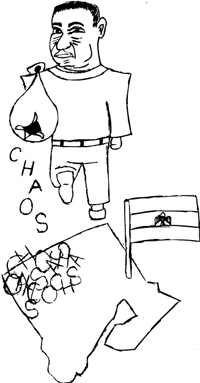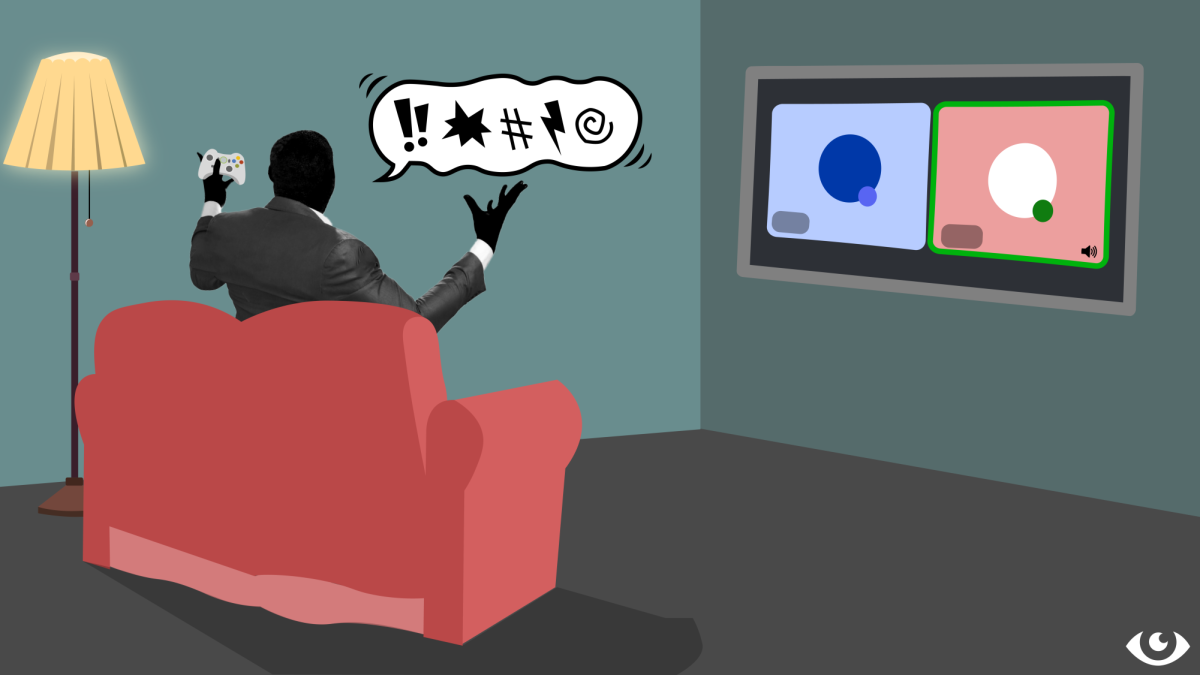History is unfolding before our eyes.

18 days of protesting has left 300 dead, yet it ended with the ousting of Egyptian president Hosni Mubarak. Located in downtown Cairo, Tahrir (which means “Liberation”) Square is filled with the cheers of Egyptians rejoicing at the end of the 30-year dictatorship. Many hold up their hands in the universal sign for peace, reflecting the relatively calm transition.
Technology played a significant role in the revolution with protesters and supporters utilizing social networks such as Facebook and Twitter—which Mubarak eventually ordered to be shut down—to organize efforts.
Just yesterday, activists gathered in Cairo to celebrate the president’s expected resignation, only to be disappointed to hear him say that he would not be stepping down until the elections this September. Cries of rage echoed from the square. Their anger was fanned by the condescending tone of Mubarak’s address, speaking as a father to his children.
However, today the children have finally risen against their father’s abusive hand. Democracy won today, but how will it fare tomorrow? A historic event has occurred. The people of Egypt have taken a crucial step in the right direction and we are right to celebrate that significant step, but they must keep the journey ahead in mind.
This is only the beginning. We must remain wary of what the future in Egypt will hold. The responsibility to keep the revolution in motion falls to the same people who initiated it. They must remember that Egyptian Council of Armed Forces is in charge of Egyptian affairs and that a democratic election is necessary to further the progress they have already achieved.
While there is still much work to do in Egypt, we must remember what has occurred today. Against police brutality and government repression the Egyptian people rose up and created a new tomorrow. Today the Egyptian government has learned (and the world has witnessed) that nothing can stop a chorus of millions of voices calling for change.
by Colleen Kidd, Renee Groulx, and Julian E. Wright





